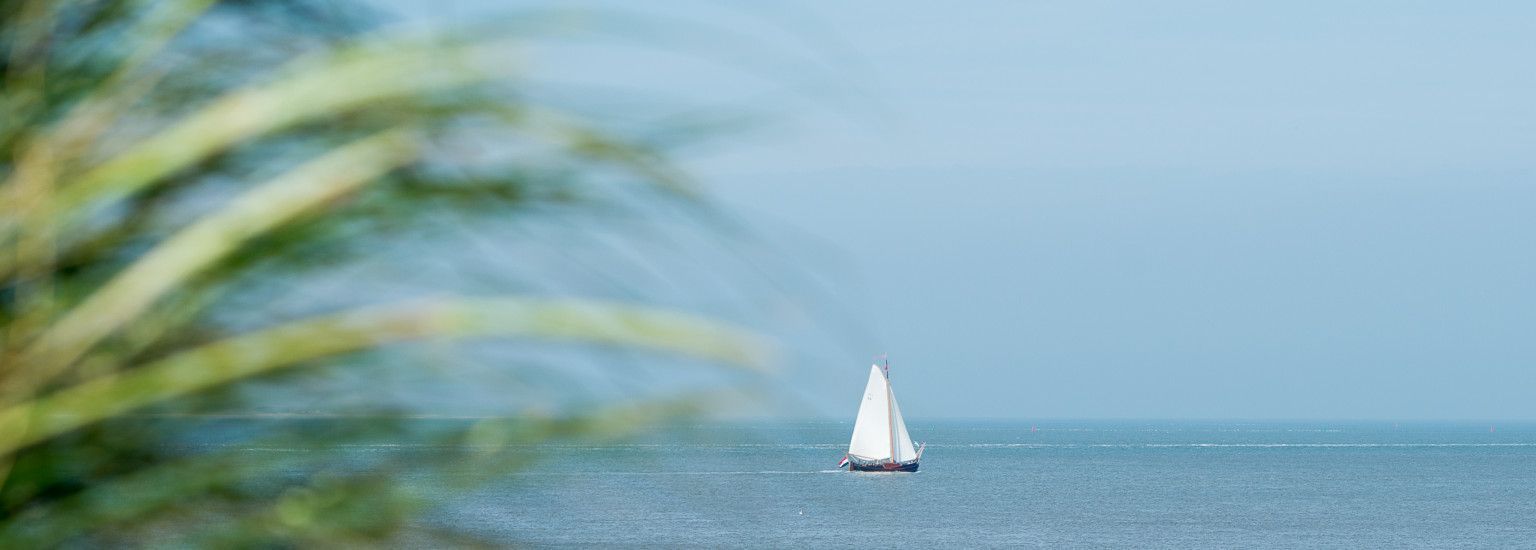
History
The history of Ameland before the years 1300 is unclear. This is partly because of the era before that, basically no historical findings have been made that could possibly give more clarity about those times. It is known though, that maritime transport of those days used the wadden islands as place of refuge, the supposed beginning of later settlements.
During the restoring work on the Dutch Reformed Church in Hollum they have discovered that the church, as it is there now, was built on the foundations of a church that dates back to the years 1100. However, they had hopes to find remains of a church form the years 800, that should have been there according to tradition stories. It is for sure though, that Ameland has nearly always been independent through the ages.
Yet, this doesn't mean that it has been a time without division. Ameland used to be a source of fights in the past. If is wasn't between the Ameland people and its rulers, it was between the family members of the rulers. From 1400 onwards they pursued a policy of neutrality between the people from Holland and the Frisians, that were at each other's throats all the time. In the years 1400 a castle was built in Ballum by Ritske Jelmera, a wealthy, sophisticated man of Frisian nobility, that eventually, after various estate issues, was inherited by Hayo Jelmera, later known as Hayo van Cammingha.
Afer those years a control of two hundred years by the Cammingha's followed. There was some friction with the water beggars in those years, but in general they were neutral on the island, for example in the war between Spain and the Netherlands. An impartiality acknowledged by the States of Friesland, but not by the States General and the States of Holland, who thought they could claim the island themselves.
Until 1600, it remained restless on Ameland, because the islanders thought the rulers of Ameland has too much power. This was ended severely and in 1629, when Spain acknowledged Amelands impartiality once again, there was peace again.
In 1681, the last Cammingha died and the island came in the hands of the family Theo Schwartsenberg Hohenlandsberg, who sold it in 1704 for 170.000 guilders to Johan Willem Friso, heir regent of Friesland. For the first time, Ameland was in the hands of the Oranges.
After having had a change of inhabitants various times, the castle came in the hands of merchant Jan Scheltema, who bought it to take down. In 1829 it was destroyed.